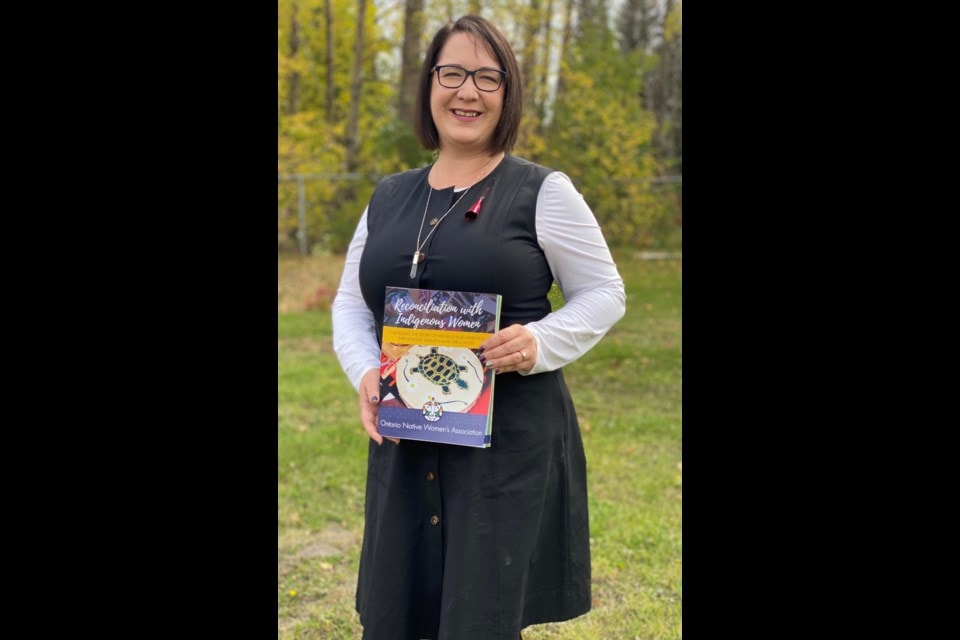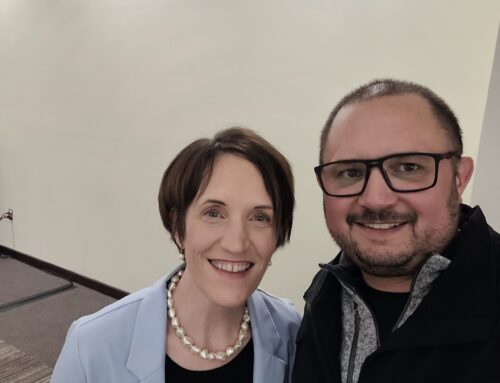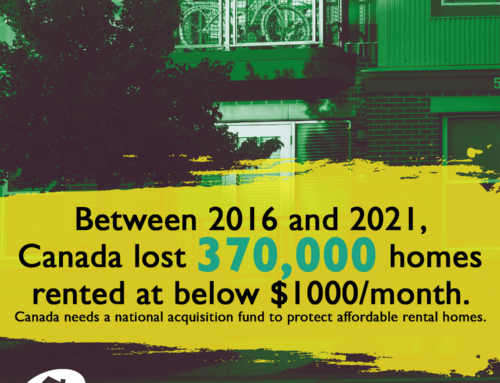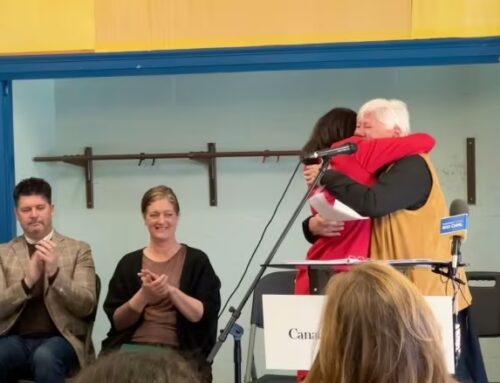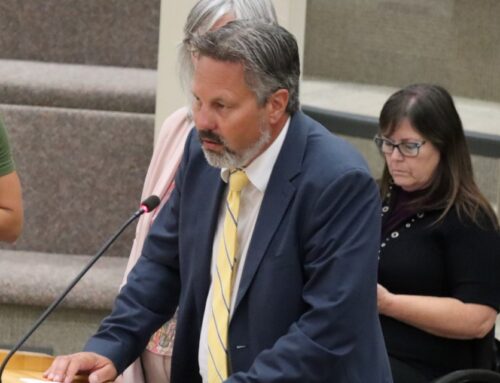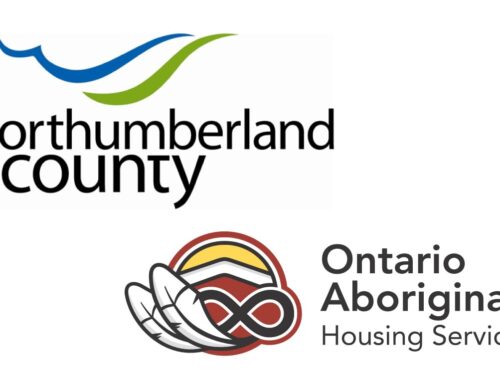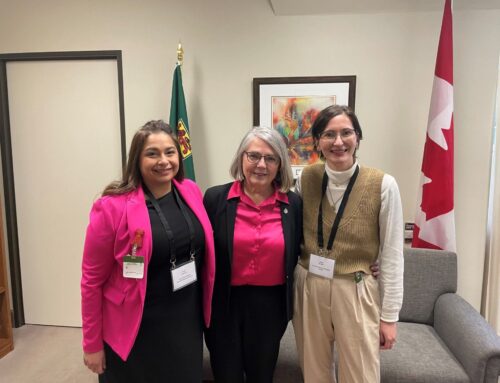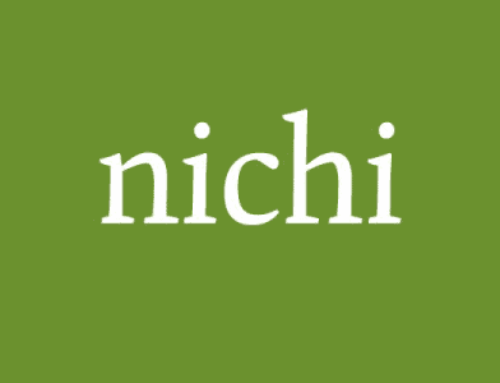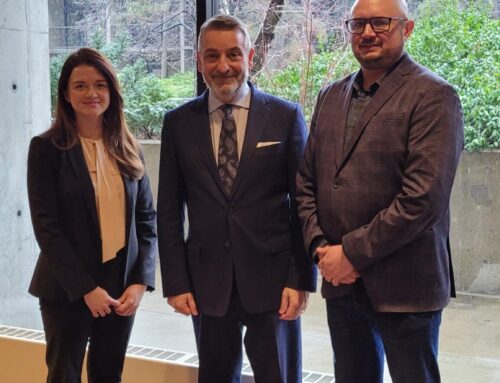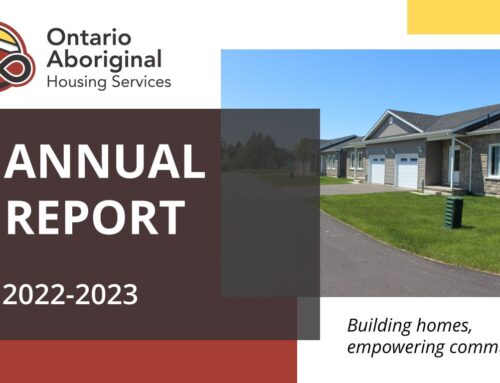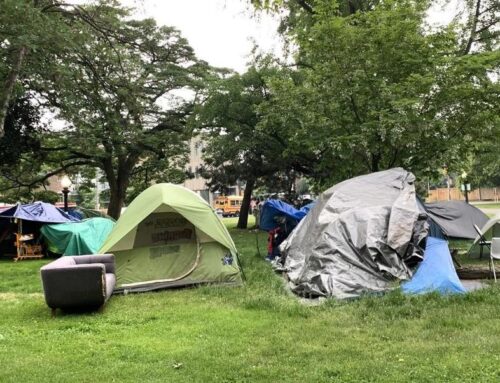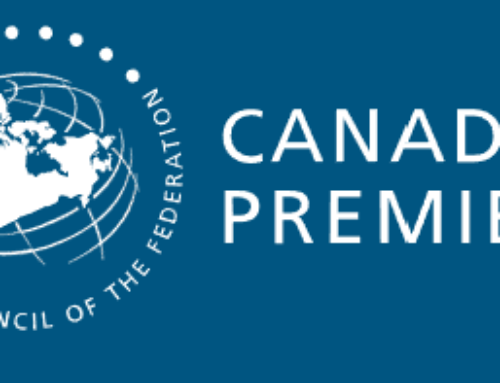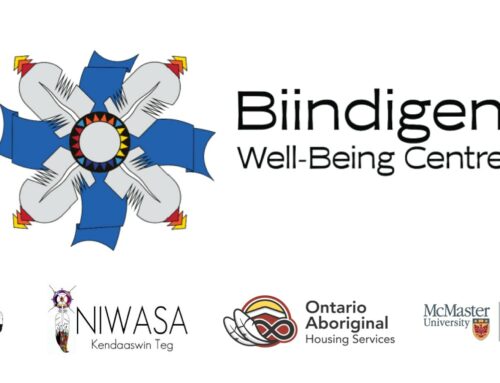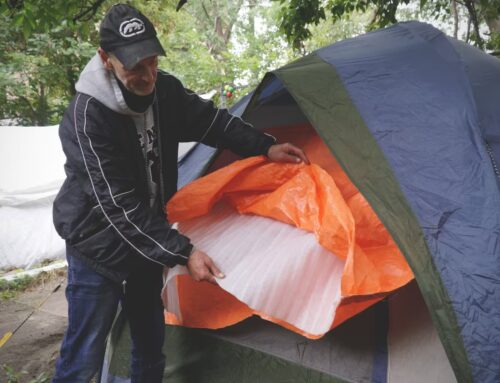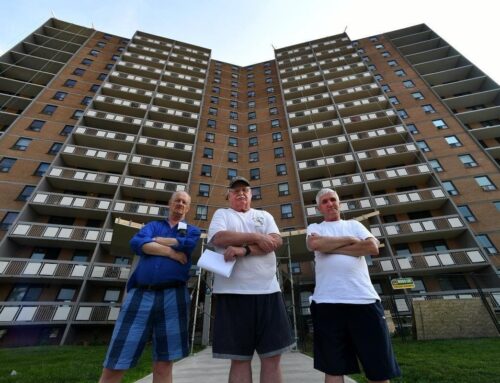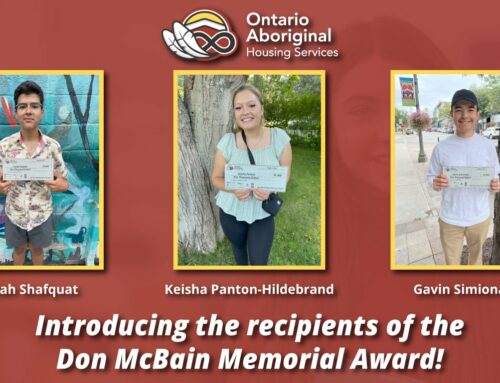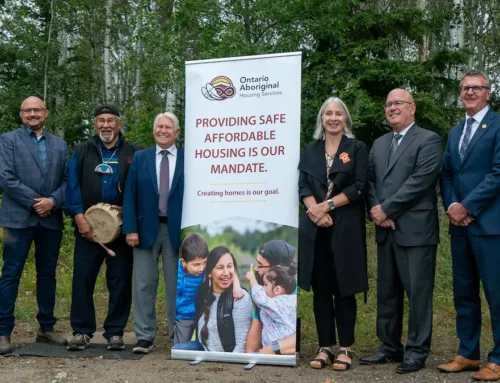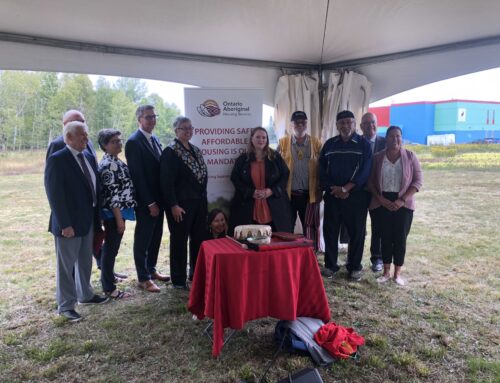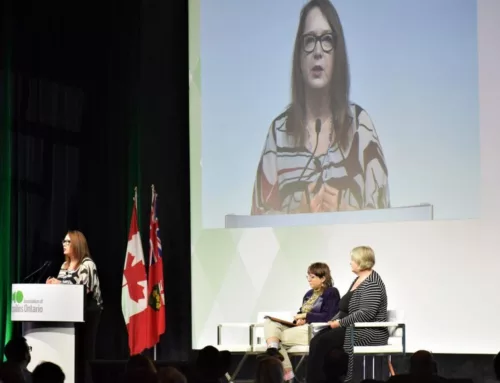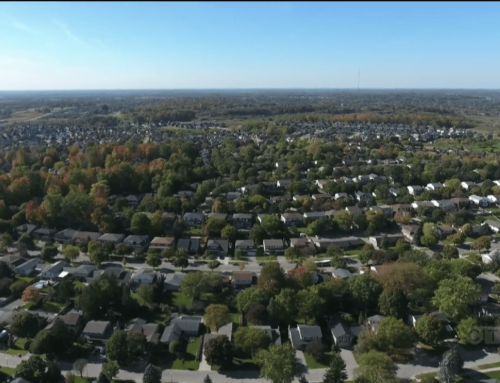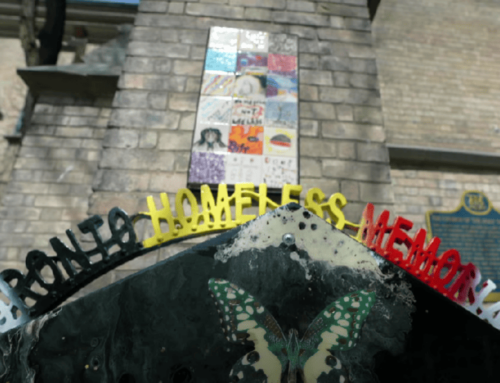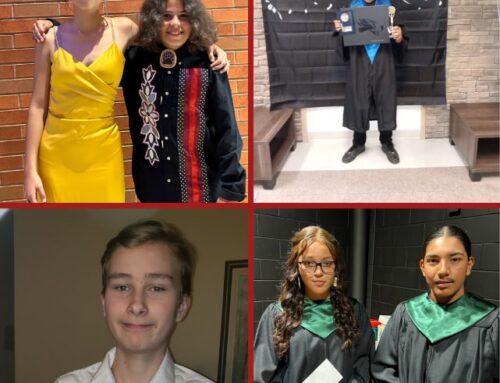Published on: October 18, 2020
It is not the norm to begin a piece of writing with a dictionary definition; it’s a bit amateurish, really. But it becomes an important detail when the word in question requires re-defining.
Reconciliation. English, noun.
The restoration of friendly relations.
The process of ensuring that two sets of records are in agreement.
Ask yourself: Is it possible to reconcile one side offering friendly relations, when the other side is Indigenous women murdered at a rate 16 times higher than non-Indigenous women?
Can you reconcile one side offering friendly relations, when the other side is the family of Joyce Echaquan?
The 2019 final report from the National Inquiry into Missing and Murdered Indigenous Women and Girls (MMIWG) states that the persistent and deadly violence against Indigenous women and girls in Canada is a form of genocide.
So does reconciliation mean the punishments for and solutions to genocide are decided, funded and legislated by the hands of the perpetrators? Is that friendly relations? These are the questions Cora McGuire-Cyrette has.
The executive director of the Ontario Native Women’s Association (ONWA), McGuire-Cyrette said that this approach is simply a continuation of the Euro-centric and patriarchal system that her work seeks to upend.
“When you think about saving someone versus empowering someone, when we break that down, that’s a system of colonization,” she said.


